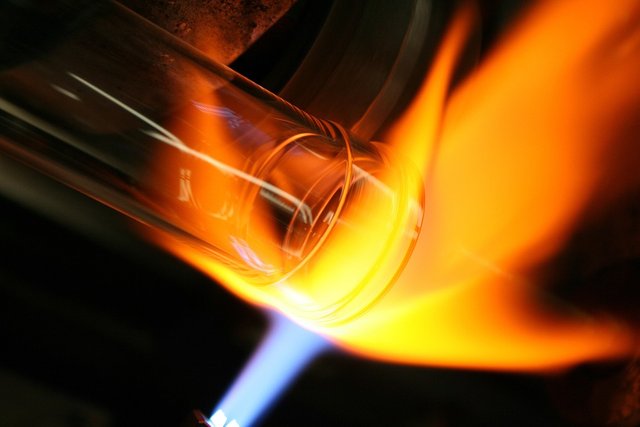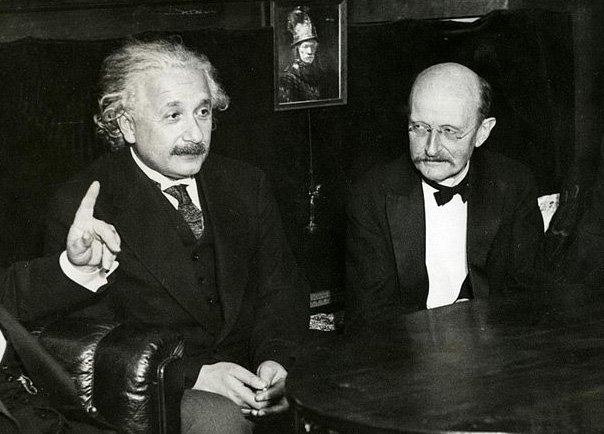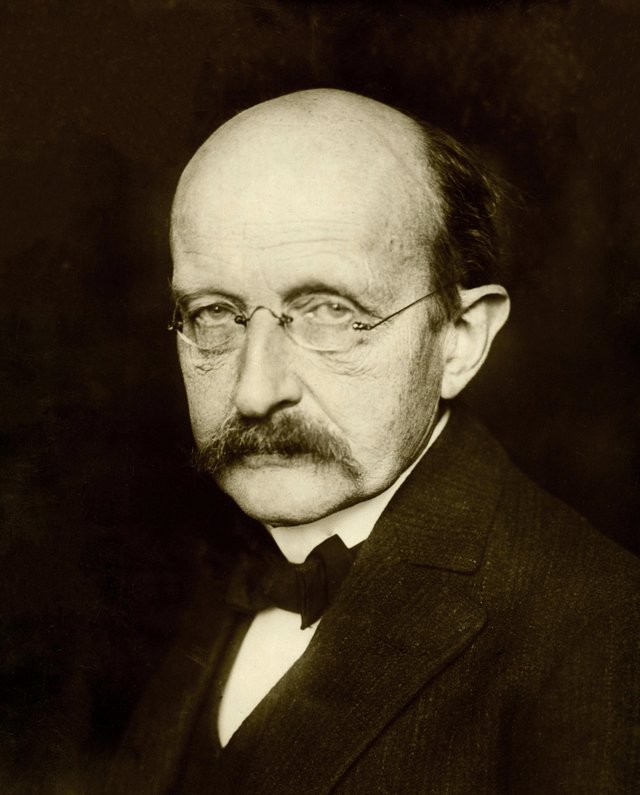Max Planck: Father of the unplanned Quantum Mechanics
Max Planck can be considered one of the most influential theoretical physicists of the 20th century. He was accidentally the father of quantum theory, a theory which has gone on to be essential for scientific development in the modern era; despite being adamantly disputed by the infamous Albert Einstein and Planck himself. Quantum theory was the topic of the 1927 Solvay conference, so Planck's contributions were indispensable, and his theories were later developed by Schrodinger, Heisenberg and Born to give a solid description of the physics of the atomic scale that classical mechanics had failed to fulfil [1]. His contributions to Physics will be utilised indefinitely and his efforts were rewarded with numerous awards including a Nobel Prize in Physics for his discovery of energy quanta and his legacy is remembered by the Max Planck Society in Germany [2].

Planck's Personal Life
- Born 23rd April 1858 in Germany
- Married Marie Merck in 1887 and Marga von Hosslin in 1911
- Died 4th October 1947 at the age of 89
Becoming bewitched by Physics
One of six children, Planck was fortunate enough to be born into an academic family, as his father, grandfather and great grandfather were all professors. Their intelligent genes clearly contributed to his genius and gave him the opportunities to flourish in academia.
During Planck's formative years, mathematician Hermann Müller, schooled Planck; introducing him to the fields of mechanics and astronomy including the principle of conservation of energy - which Planck would later use to develop the theory of Black body Radiation. Remarkably, Planck was told to avoid the field of Physics by Physicist Philipp von Jolly who warned him that "in this field, almost everything is already discovered, and all that remains is to fill a few holes" [2]. Luckily, Planck ignored this advice and went onto invent an entire, comprehensive new branch of Physics, unimaginable at that time; Quantum Mechanics.
Fever for Thermodynamics
After leaving school early at the age of 17, Planck progressed to Friedrich Wilhelms University to study Physics under the supervision of renowned scientists Helmholtz, whom he became firm friends with, and Kirchhoff. In 1879, Planck graduated with his dissertation 'On the second law of thermodynamics' in which he expanded upon Clausius' work on entropy to describe how "It is impossible to construct an engine which will work in a complete cycle, and produce no effect except the raising of a weight and cooling of a heat reservoir." [3].

Not one to waste time, he soon produced his paper 'Equilibrium states of isotropic bodies at different temperatures' to gain his doctorate and began unpaid lecturing in Munich. Planck was somewhat ignored by the scientific community at this time and it took him until 1885 to gain a position as an associate professor at the University of Kiel where he continued his work on thermodynamics [2]. Despite this slow start in his career, Planck would go on to adopt his old professor Kirchhoff's position at Friedrich Wilhelms University and would even turn down Boltzmann's position at the University of Vienna.
Planck's Musical ability
Like many other scientists, Planck had remarkable talent in Music, being proficient in piano, organ and cello and having absolute pitch. Thankfully, he chose the path of Physics due to Müller's impact on Planck's young, enquiring mind. He still continued to enjoy playing music and his house in Berlin was well known for hosting numerous scientists for culture and music nights, including Albert Einstein, with whom he became firm friends.

Planck's Faith
Religion, can be a challenging and controversial topic for scientists as in some ways to believe in a God arguably denies some scientific reasoning. However, Planck believed in the contrary, saying that "Both Religion and science require a belief in God". Being a member of the Lutheran Church, he believed that the forces of the Universe were the result of a 'conscious and intelligent mind'.

Heartbreak and disaster
Planck's life was littered with suffering after his first wife, Marie, died in 1909 from tuberculosis. Over the following years, Planck would have to endure the loss of each of their four children; Karl, Emma, Grete and Erwin. Karl was killed in action in the first world war and the two girls died in childbirth. His favourite child Erwin was executed in 1945 after his involvement in an attempt to assassinate Adolf Hitler.
Achievements in Research
Despite his interest in the fields of thermodynamics and statistical mechanics, Planck made only one significant contribution to science; however, this contribution would go on to revolutionise the way we imagine sub atomic particles using quantum mechanics and its expansive possibilities are yet to be fully discovered.
Black Body Radiation and the birth of Quantum Physics
In 1860, Kirchhoff described a blackbody as a perfect absorber and emitter of radiation and in 1894 Planck began to attempt to tackle the problem with Kirchhoff's proposal: how to explain how the intensity of radiation emitted by a black body depends on frequency and temperature. In order to find a solution to this glaring problem, Planck had to 'sacrifice' his previous convictions about physics and accept that the second law of thermodynamics, a concept which he had adamantly believed was an absolute law of nature, was in fact a statistical law [4].
Planck's postulate described how energy can consist of discrete packets or quanta of energy, with the energy of each quanta given by E = hν where h=6.62607004 × 10-34 m^2 kgs-1 is Planck's constant and ν is the frequency. It was this discovery of the nature of energy packets which won him the Nobel Prize in Physics in 1918 [3].
Planck admitted that he considered these quanta of energy an 'assumption' as he tried tirelessly but unsuccessfully to marry them to theories of classical physics and could not justify their existence to himself [3]. Einstein would go on to prove the existence of these quanta in his photoelectric effect experiment in 1905 [5]. However, this theory was not meant to be explained using classical physics, in fact, Planck had unknowingly stumbled upon the catalyst for the birth of quantum mechanics. His interpretation of energy existing as discrete values would be the basis of new quantum theory to be discussed at the 1927 Solvay conference. Remarkably, Planck denied quantum mechanics, believing wave mechanics would take its place; little did he know that it would go on to become an essential branch of Physics that has baffled the minds of many great scientists. To this day, Quantum Mechanics has not been sufficiently described to its full potential and it is argued that when combined with Einstein's special relativity, it will unlock the secrets of time travel.
Summary
Max Planck is one of the few scientists that the average person walking down the street would have any idea of his name; and for good reason! Planck devoted his life to research and defied logic and scientific reasoning of the time to invent his energy quanta that revolutionised Physics. Discoveries are being made to this day thanks to his contributions and every physicist will thank (and curse!) him for being the instigator of Quantum Mechanics.
Please note that images used in this article have been labelled as re-usable on Google images. If any artists or designers have any issues with the content used, don't hesitate to contact me to correct the issue.
References
[1] https://en.wikipedia.org/wiki/Quantum_mechanics
[2] https://en.wikipedia.org/wiki/Max_Planck
[3] https://en.wikipedia.org/wiki/Second_law
[4] https://www.britannica.com/biography/Max-Planck
[5] http://www.physicsoftheuniverse.com/scientists_planck.html
This is a test comment, notify @kryzsec on discord if there are any errors please.
Being A SteemStem Member